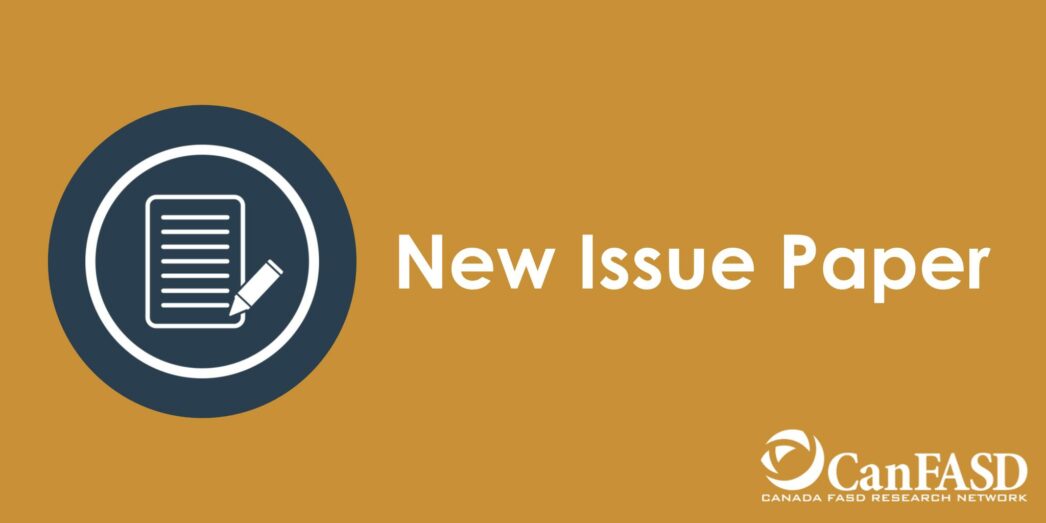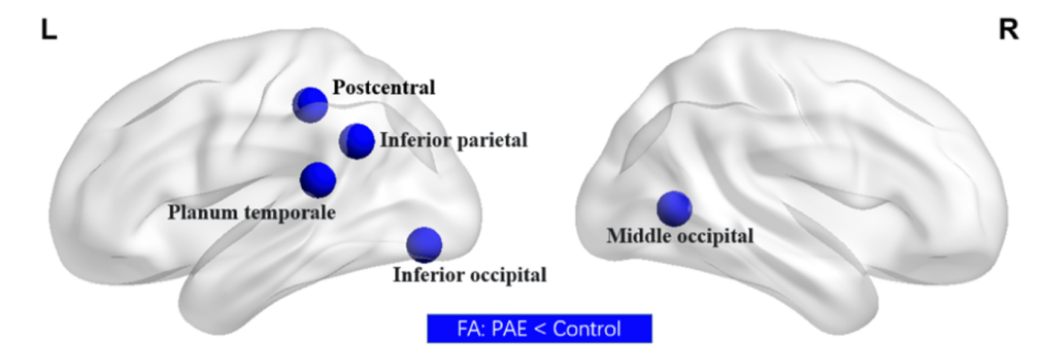Emerging research suggests that use of micronutrient supplements during pregnancy, especially folic acid and choline, may mitigate the effects of prenatal alcohol exposure and support healthy pregnancies.
New Issue Paper: Employment and FASD
CanFASD recently released a new issue paper titled, Employment and Fetal Alcohol Spectrum Disorder: An Updated Look at Strategies for Success. Below is a short summary.
Article Summary: Changes in Brain and Behaviour with Low Levels of PAE
Heavy prenatal alcohol exposure (PAE) can affect children’s development. For example, heavy PAE is related to problems with behaviour and learning, which are likely caused by changes to the brain. However, we do not know much about how lower amounts of PAE affect children’s brains.
Article Summary #11: PAE and Developmental Programming of Mental Illness
There have been numerous research studies examining the impacts of high-dose alcohol consumption during pregnancy on postnatal development. However, there are not many studies on low and early dose effects of prenatal alcohol exposure on the offspring’s mental health.
Article Summary #10: Self-Regulation and Emotional Reactivity in Infants with Prenatal Exposure
Over the last 13 years, there has been a 127% increase in opioid use disorders during pregnancy. However, developmental challenges associated with prenatal substance exposure have been under-explored, with no prior studies examining the combined effects of opioids and alcohol use during pregnancy.
Article Summary #9: Dog-Assisted Therapy for Children and Adolescents with FASD
Dog Assisted Therapy (DAT) has been shown to reduce anxiety and depression and improve social skills in individuals with physical and mental challenges. It has also been shown to be an effective strategy for children with neurodevelopmental disorders, like Autism Spectrum Disorder and ADHD. However, until now, there have been no studies on the impact of DAT in children and adolescents with FASD.
Article Summary #8: Outcomes and Needs of FASD-Trained Health and Education Professionals
Australia and New Zealand are offering both online and in-person training on FASD. The goal of this research was to examine the experiences of professionals who have received this training and explore the impact their training has had in their work.
Article Summary: Conceptualizing #winemoms in social media
In Canada (and many other countries), women of childbearing age (i.e., between the ages 18 and 35) are consuming more alcohol than ever before. Despites the potential health and social consequences associated with alcohol consumption, its use is increasingly being normalized as part of a stress management regime to cope with day-to-day life.
Article Summary: Self Care for Caregivers
Finding stress management techniques for caregivers of children with FASD is very important. Self-care is an important resource to improve caregiver physical and mental health.
Article Summary: Diagnosis of Preschoolers with PAE
Early intervention and diagnosis are key to improving outcomes for people with FASD. Although there is some research on FASD assessment and diagnosis for school-aged children and adolescents, there is limited research with preschool-aged kids.





